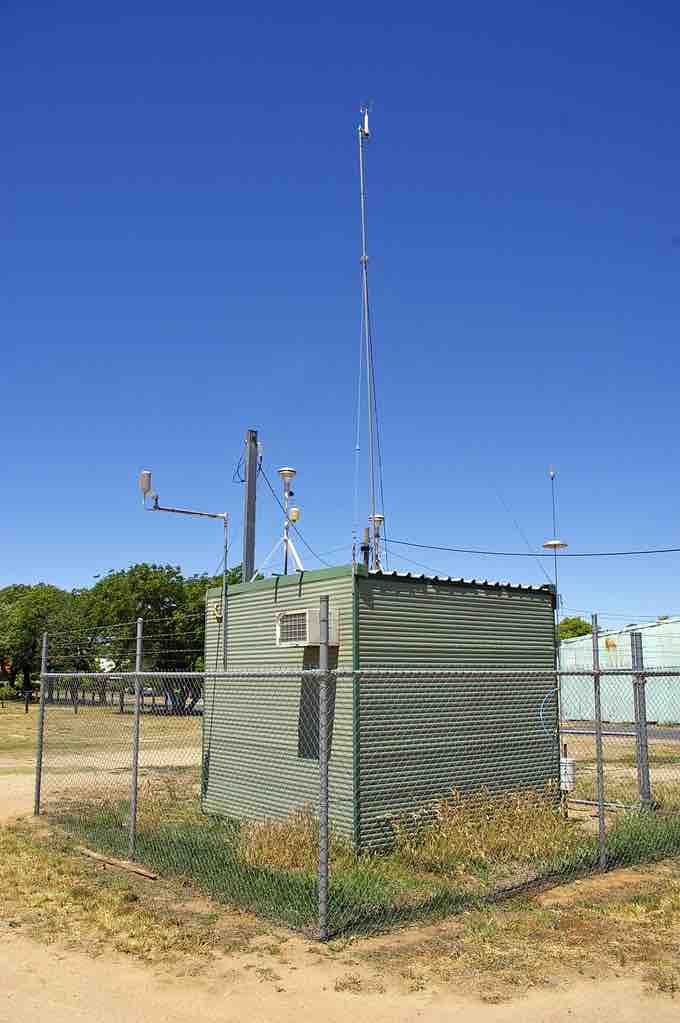Introduction
Policies may be evaluated according to a number of standards. They may be informally evaluated according to uncritical analysis, such as anecdotes and stories. Policies may also be substantively evaluated through careful, honest feedback from those affected by the policies. More formal research can provide empirical evidence regarding the effectiveness of policies. Finally, scientific research provides both comparative and statistical evaluations of whether policies produce clear causal results.
Policy evaluation can take place at different times. Administrators seeking to improve operations may assess policies as they are being implemented. After policies have been implemented they can be further evaluated to understand their overall effectiveness.
In spite of the many ways policies may be evaluated, they are often not evaluated at all. Formal and scientific research is time consuming, complicated to design and implement, and costly. While more informal evaluations focused on feedback and anecdotes are more accessible, they also tend to be contaminated with bias.
Challenges in Assessing Policies
Policies can be difficult to assess. Some policies aim to accomplish broad conceptual goals that are subject to different interpretations. Healthy air quality, for example, can be difficult to define in ways that will be universally accepted. Policies may also contain multiple objectives that may not be compatible. For example, two of the objectives of the 1996 Telecommunications Act were creating jobs and reducing cable rates. If sufficient amounts of revenues are not made, companies must either cut jobs to maintain low rates or must raise rates to create more jobs. Policies that do have compatible objectives can still be difficult to evaluate when only a few of the objectives are accomplished. One person may deem the policy successful for accomplishing some of the objectives, while another may deem the policy unsuccessful for not accomplishing all of the objectives.

Air Quality
Broad conceptual goals, like healthy air quality, are difficult to evaluate since people may have different opinions on what "healthy" entails.
In general, public policies become entrenched over time and are difficult to terminate even if they are evaluated by various standards.